From incubation to acceleration, this entrepreneurship centre connects local and international innovators
UnternehmerTUM in Munich has emerged as a leading hub in Europe for entrepreneurs, scientists, and corporate innovators. Its founder and MD joins us for a chat on emerging opportunities for startups and makers, and the services provided.
[This article is part of Startup Hatch, the YourStory series on incubators, accelerators, makerspaces and co-working spaces in the startup ecosystem. See earlier profiles of initiatives at IIT Bombay, IIM Bangalore, BITS Pilani, NCL, Tata Elxsi, Axilor, NID, IIIT-Bangalore, IIIT-Hyderabad, Vellore Institute of Technology, PSG Coimbatore, Workbench Projects, Makers Asylum, Appy Hours, Turning Ideas, NetApp Excellerator, Pitney Bowes Accelerator, TechStars, Indigram Labs, WeWork, Z Nation Lab, Sandbox Startups, Brigade REAP, Target India Accelerator, Zone Startups, Maersk, Anthill Studio, Ashoka Innovators, and Startup Leadership Programme.]
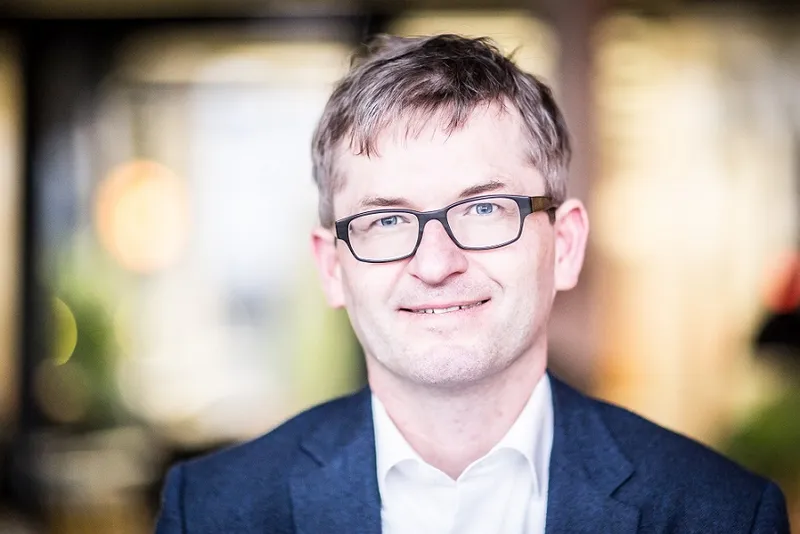
Dr Helmut Schönenberger
Dr Helmut Schönenberger is Co-founder and Managing Director of UnternehmerTUM, the Centre for Innovation and Business Creation at the Technology University of Munich (TUM). He is an aerospace engineer as well as an investor. The incubation and acceleration hub, along with the makerspace, supports scalable high-tech startups, founders, and scientists, from the initial idea to the successful product.
The idea for the entrepreneurship centre came to Helmut while he was doing postgraduate studies in business administration at Stanford University. He received support for the idea from TUM President Wolfgang Herrmann and entrepreneur Susanne Klatten. Some key areas of focus include future industries of ICT, medical engineering, and clean tech.
Its offerings include a platform called The Landing Pad. It helps international startups set up a temporary base in Munich and connect with the local entrepreneurial and tech community, which includes global giants like BMW and Siemens. Startups get free office space, access to local startups, marketing connects to large firms, and a chance to apply for prototyping grants.
TUM also runs the Tech Founders accelerator programme, which is open for startups worldwide. The 20-week programme connects tech startups to corporate partners and venture capitalists. Founders receive coaching and mentoring, a pilot project with a corporate partner, free office space, access to the tech workshop, and a €25,000 project budget without equity requirements.
Current industry partners are ADAC, ALDI Nord and ALDI SÜD, DATEV, Festo, Knorr-Bremse, and Miele. Investors in the programme are eCapital, Target Partners, Earlybird, Wellington Partners, and Point Nine Capital.
Startups in the programme include BotConnect (sales support), EndIIo (industrial IoT solutions), IdeaFox (innovation process management), KIProtect (data security), Passage AI (conversational interfaces), Tribe (human and AI assistants), VirtualQ (queue management), Weeve (secure IoT messaging), and Ultimate.ai (process automation).
The B.NEO programme helps corporate clients develop sustainable tech-enabled business through business design principles and social prototyping. Based on creative and agile methods along with emerging technologies, the programme helps corporates with strategic innovation, corporate intrapreneurship initiatives, and connects to the startup world.

UnternehmerTUM has also joined forces with public sector, industry and tech players for the appliedAI initiative. Partners include Arista, BMW Group, Festo, Helmholtz Zentrum, IBM, Odgers Berndtson, ProSiebenSat.1, Telekom, World Food Programme and ZF. Industrial applications of AI are regarded as a key priority for many German and European industries.
Dr Helmut Schönenberger joins us in this interview on the vision of the centre, notable startups that have graduated so far, and tech initiatives for the future.
Edited excerpts of the interview:
YourStory: What services does your centre offer, and what have been some impacts?
Helmut Schönenberger: UnternehmerTUM was founded in 2002. Today, the institution offers founders an all-round service – from the initial idea to the IPO. A team of more than 240 experienced employees, including entrepreneurs, scientists, and investors, support the startup process, market entry, and financing – including venture capital. The focus of funding is on technology-based companies. Over the years, the hi-tech forge produces more than 50 high-growth startups per year.
YS: What are some other factors that can make entrepreneurs successful in this region?
HS: The key to success is the extremely good framework conditions in the Greater Munich Area. More than 15 universities belong to the fertile startup ecosystem, including TUM and Ludwig Maximilian University, two universities of excellence.
In addition, there are several Max Planck and Fraunhofer Institutes, as well as the headquarters of large technology companies such as Airbus, BMW, and Siemens. They act as development workers, sales partners, and pilot customers.
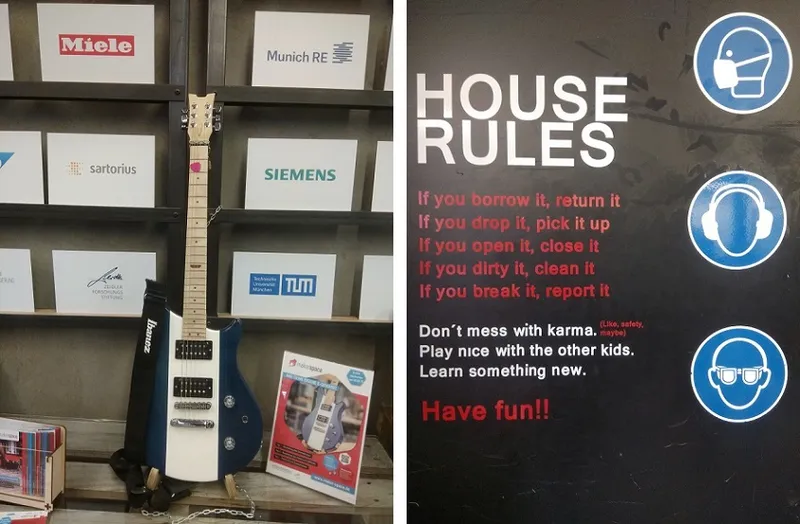
YS: What support do startups receive at your centre in the course of their journey?
HS: We offer students, academics, founders, startups, and established companies personalised support and systematic coaching in developing new products and services. This helps in building a successful business, when entering the market and in the growth stage.
Like the pearls of a chain, the offers for founding teams are lined up one after the other. In the pre-incubation programme XPLORE, the experts from UnternehmerTUM develop a valid business model together with the potential founders and test the market chances of the idea.
The next step is the three-month full-time incubator programme XPRENEURS, which prepares the founders for market entry. The Accelerator TechFounders prepares the startups for a first venture capital round.
The B.NEO programme addresses corporates from all industries. Within the scope of this offer, companies can strengthen their innovative strength and network with the startup world.
Finally, UnternehmerTUM can provide startup companies not only with know-how, but also with the necessary “small change”. Entrepreneurship Venture Capital (UVC) invests specifically in startups in German-speaking countries in the areas of Industry 4.0 and Internet of Things, B2B software, mobility, and Smart City.
Furthermore, our MakerSpace is Europe's largest publicly accessible high-tech workshop. It covers 1,500 square metres, and enables companies, startups, and creatives to produce prototypes and small batches using state-of-the-art machines such as large 3D printers.
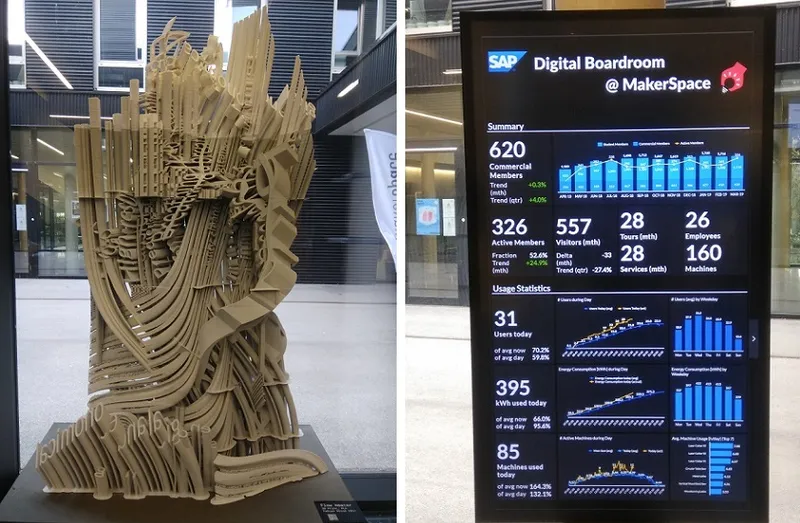
YS: Which are some notable startups that have graduated from your programmes, and what are their achievements?
HS: One of the most successful startups that UnternehmerTUM accompanied is KONUX. It was launched in 2014 and has developed an intelligent sensor system that detects when a machine or component needs maintenance. An important customer is Deutsche Bahn, which attaches Konux sensors to points in order to save inspection costs and introduce predictive maintenance.
Lilium Aviation wants to revolutionise mobility with electric air taxis. The small aircraft take off vertically like a drone and then switch to forward flight. This is made possible by 36 special electric motors on the wings. In the air taxis, five people will be able to fly up to 300 kilometers at 300 kilometers per hour. Lilium also takes off economically in a vertical manner. Founded in 2015 by four engineers and doctoral candidates from TUM, the startup now enjoys the trust of extremely renowned investors such as the Chinese Internet company Tencent and Silicon Valley Bank.
Another flagship startup is Celonis, which was founded by three TUM students in 2011. They have developed an intelligent Big Data technology that makes the most important processes in companies transparent – purchasing and sales as well as logistics and accounting. This process mining enables managers to organise the company better and more efficiently. Since last year, Celonis has reached the rank of a “unicorn”.
YS: What are your plans for the coming three to five years with respect to new startups?
HS: UnternehmerTUM, together with the city of Munich, is building a new centre for innovation and business creation in the heart of the city, offering over 11,000 square metres of space for the development and testing of Smart City Solutions. Solutions for tomorrow’s city will be created in the Munich Urban Colab.
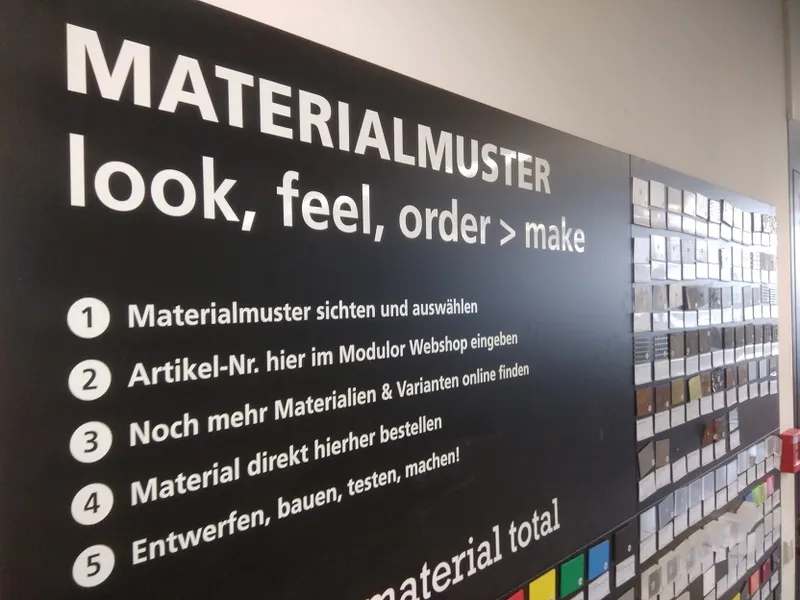
From 2020, startups, corporates, scientists, and creative people from a wide variety of industries will work together on intelligent technologies and services here. Their common goal is to make life in cities worth living. There are plenty of topics to address, such as transport, air pollution, renewable energies, water and wastewater management, and affordable housing.
With this unique concept, UnternehmerTUM and the city of Munich want to secure an international pioneering role for Smart City solutions. According to a United Nations study, around 70 percent of the world’s population will live in cities by 2050; that is an estimated 6.8 billion people.
// This visit to UnternehmerTUM was made upon invitation by the German government. The India delegation included representatives of Karnataka Startup Cell, NASSCOM, Axilor, and YourStory. //
First two pictures courtesy UnternehmerTUM MakerSpace GmbH // Bert Willer
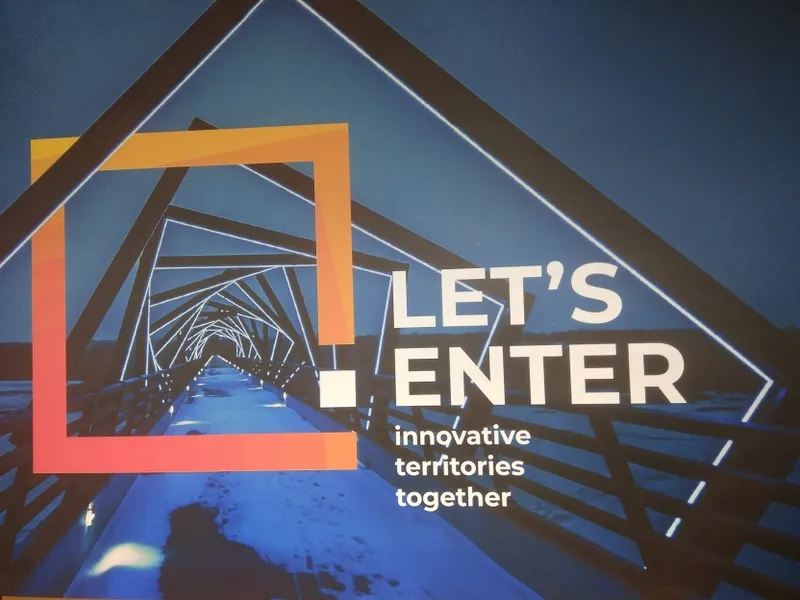
Also read: Can entrepreneurship be taught to school students? This TiE initiative shows how







